Atlantic Cod —— A Bio-Ecology
----- 大西洋鳕鱼
A comprehensive handbook, covering all aspects of the Atlantic cod including the biology, ecology, life histories, behaviour, commercial exploitation and conservation Not only is Atlantic cod one of the most valuable food fish in the world’s oceans, it is an important component of North Atlantic ecosystems and has been subject to much research into its biology, ecology and exploitation. After hundreds of years of exploitation, overfishing in the last half of the 20th Century caused many stocks to collapse, most famously the Northern cod stock off Newfoundland and Labrador, Canada. Since then, most cod stocks have been better researched and managed, but remain in a variety of states, from fully recovered to continued decline. This book, written by world experts, describes that research and management, and the importance of cod and its fisheries on North Atlantic cultures and economies, with impacts well beyond the range of the species. Atlantic Cod: Bio-Ecology of the Fish offers insightful chapter coverage of cod nomenclature, taxonomy, phylogeny and morphology; physiology and ecophysiology; reproduction and spawning behavior; early life history and pre-recruitment processes; migrations, movements and stock identity; feeding, growth and energetics; the place of cod in the ecosystem; the exploitation of cod through history and present day commercial fisheries and precautionary management for sustainable fisheries; impacts of climate change on cod biology and ecology; and the future of the species and its fisheries. Discusses the major commercial importance of Atlantic cod through history Provides a comprehensive treatment of the bio-ecology of the most researched and highly exploited fully marine species Examines how the decline (and recovery) of cod stocks is of great political and scientific interest An essential purchase for marine fisheries scientists Atlantic Cod: Bio-Ecology of the Fish is a vital book for all fisheries scientists, managers and fish biologists.
{{comment.content}}
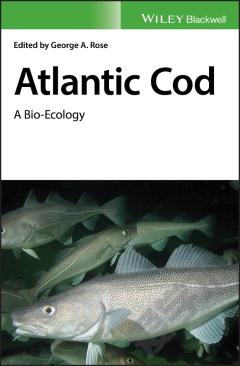
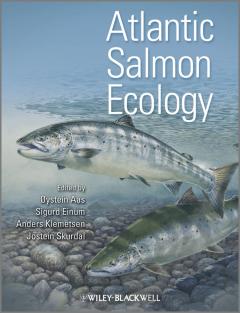
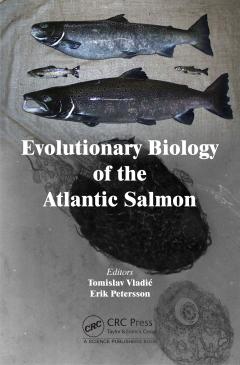
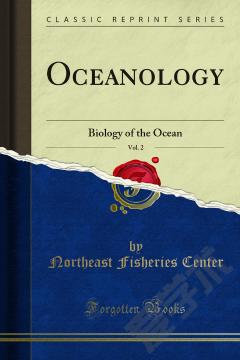
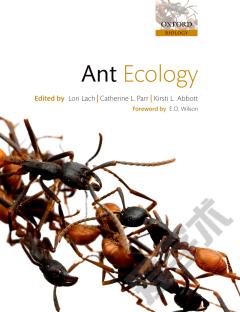

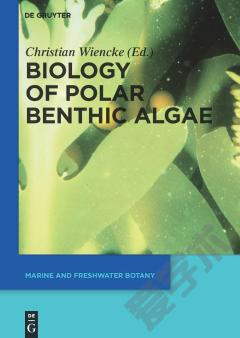

 京公网安备 11010802027623号
京公网安备 11010802027623号